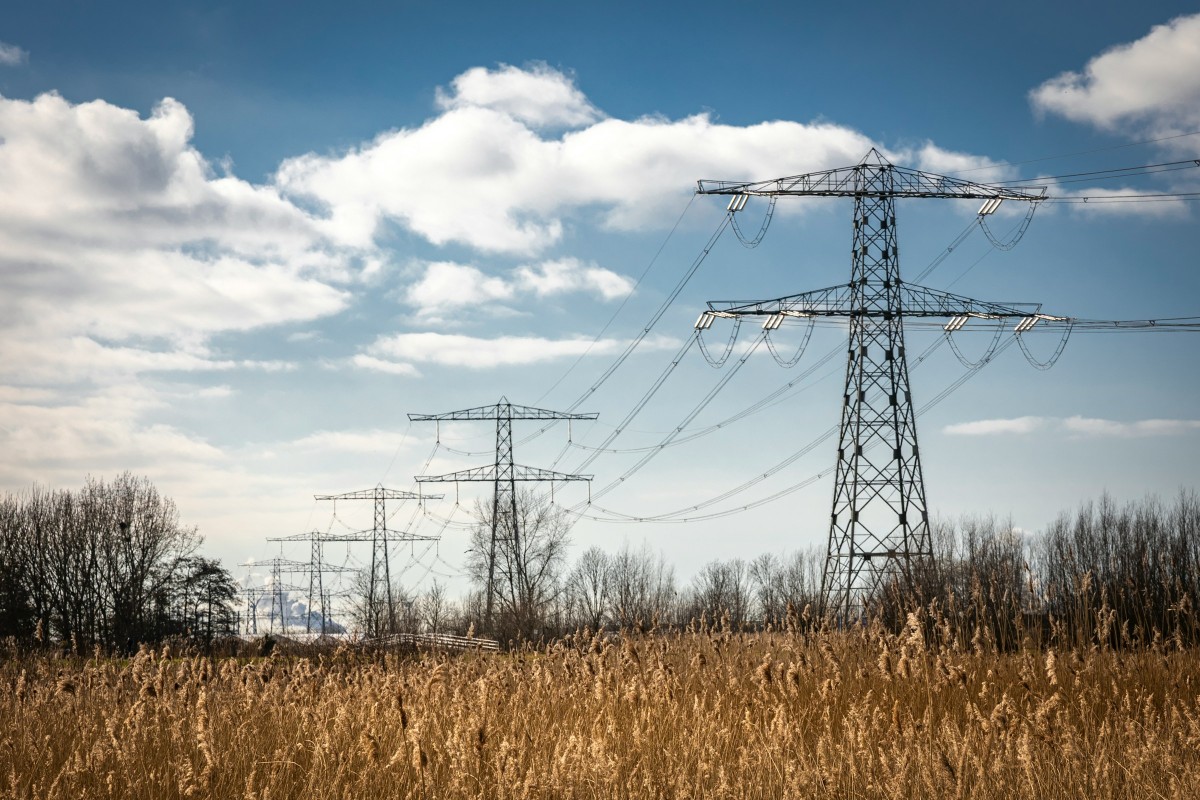
Spain and Portugal experienced a historic and unprecedented collapse of its national electricity system on Monday, 28th April, leading to massive disruptions across transport, telecommunications, and daily life. The blackout, described by Prime Minister Pedro Sánchez as something that “had never happened before”, occurred at 12:33 p.m., when 15 gigawatts of power—equivalent to 60% of national demand at the time—dropped from the grid in just five seconds.
This sudden drop triggered the automatic disconnection of the Iberian grid from the European network. Authorities have not yet identified the cause, and all hypotheses remain on the table as technical investigations continue. Specialists from Red Eléctrica (Spain’s national grid operator) and private operators are working closely with government institutions to uncover what led to the failure.
Telecoms and travel disrupted
The power outage caused widespread interruptions to telecommunications, particularly in areas where mobile antennas lost power. While most services are expected to recover as the electricity network stabilises, some may continue to experience issues throughout the week.
In terms of transport:
- Airports: Spain’s airspace remained open, with most flights operating. Out of approximately 6,000 scheduled flights across Spain, only 344 were cancelled.
- Ports: Maritime traffic continued as normal.
- Roads: No major accidents were reported, but significant traffic jams occurred in and around urban areas.
- Railways: The rail network suffered the most. More than 100 trains were halted mid-journey, and over 35,000 passengers were stranded and later assisted by emergency services.
For international travellers, delays in rail services—especially on high-speed AVE lines—may affect onward travel. Rail operator Renfe advises checking the status of any bookings and has issued flexible refund and rescheduling policies.
Power restored by early Tuesday
By 6:00 a.m. on Tuesday, 99.16% of Spain’s mainland electricity demand had been restored, with 21,265 megawatts (MW) of production reconnected to the grid. All 680 transmission substations across the mainland were also back online, according to Red Eléctrica.
France steps in with emergency electricity supply
France provided crucial support during the blackout, supplying up to 2,000 MW of electricity to Spain through cross-border connections in Catalonia and the Basque Country. This emergency assistance—comparable to the output of two standard nuclear reactors—was confirmed by France’s electricity transmission operator RTE.
Brief power cuts also occurred on the French side of the Basque Country, but service was restored within minutes.
Paid leave for workers affected by the blackout
Spain’s Ministry of Labour has reminded workers that they are entitled to up to four days of paid leave if they are unable to travel to or perform their work due to disruptions caused by the blackout. This applies to both public and private transport limitations, or if their workplace is non-operational due to electricity or connectivity problems.
The leave can be extended beyond four days if justified, although employers also retain the option to apply for temporary work suspensions or reduced hours due to force majeure.
For those whose jobs can be done remotely and where internet access is stable, teleworking is permitted and encouraged under the current guidelines.
Note for foreign residents and digital nomads: If you are on a work contract in Spain and unable to carry out your duties due to the blackout, contact your HR department to ensure your rights under Spanish labour law are observed. Freelancers and remote workers may be affected differently depending on their contract terms.
What's next?
As the country recovers, experts are working to determine the root cause of the collapse. With grid interconnection across Europe and increasing reliance on renewables, the stability of national power systems has become more complex, prompting questions about infrastructure resilience.
For now, the situation is stabilising, and government officials assure the public that lessons will be learned to prevent a recurrence.
